Climate & Environment
-
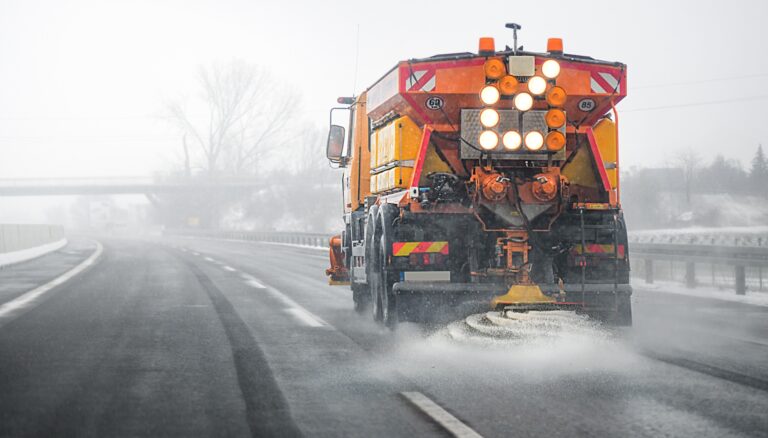
Winter road salt could be killing salmon eggs
In this Q&A, zoology master's students Carley Winter and Clare Kilgour discuss their project monitoring the effects of salt levels on coho salmon in streams around Vancouver.
-
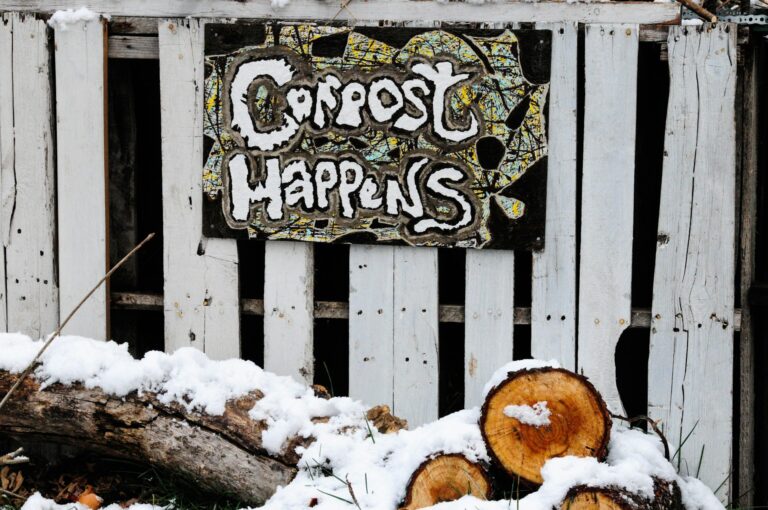
How to reduce food waste and feast sustainably this holiday season
This holiday season, UBC's Dr. Tara Moreau provides tips to reduce food waste and enjoy a more sustainable break.
-

Skyrocketing e-bike use drives speed increase on Metro Vancouver pathways
UBC researchers have found that e-bike use has skyrocketed since 2019.
-

Nature is a bipartisan love affair—if we stick to the basics
A new UBC Psychology study has found that, no matter their political stripe, people value nature for the same big reasons.
-
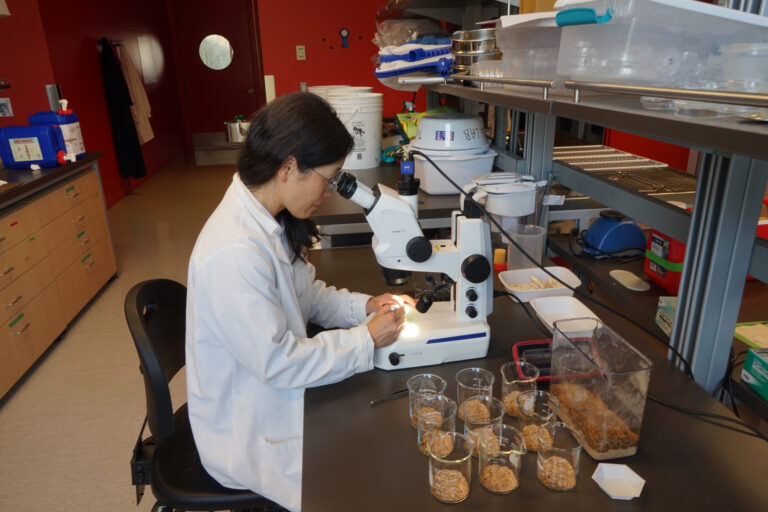
Can plastic-eating bugs help with our microplastic problem?
UBC researchers fed mealworms ground-up face masks mixed with bran and found that the bugs excreted a small fraction of the microplastics consumed.
-
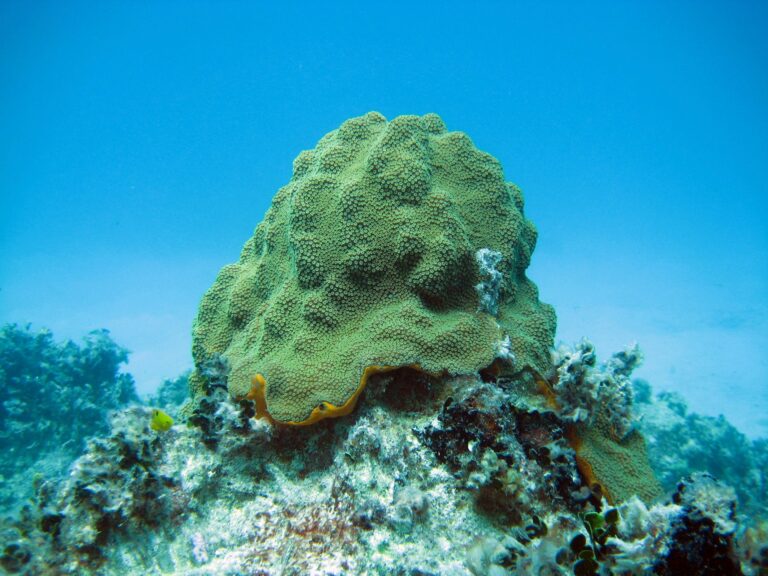
Climate change could bring more severe bacterial infections, including in corals
A new UBC study shows that climate warming can potentially make bacterial and fungal infections deadlier for cold-blooded animals.
-

UBC study reveals 15 ways to improve salmon survival after capture-and-release
A six-year UBC study reveals salmon injuries from hooks, nets and handling as key factors behind post-release mortality.
-

Bright ideas for more nature-friendly holiday lights
A faculty of land and food systems researcher discusses these impacts and offers simple tips to make seasonal light displays friendlier to creatures at night.
-
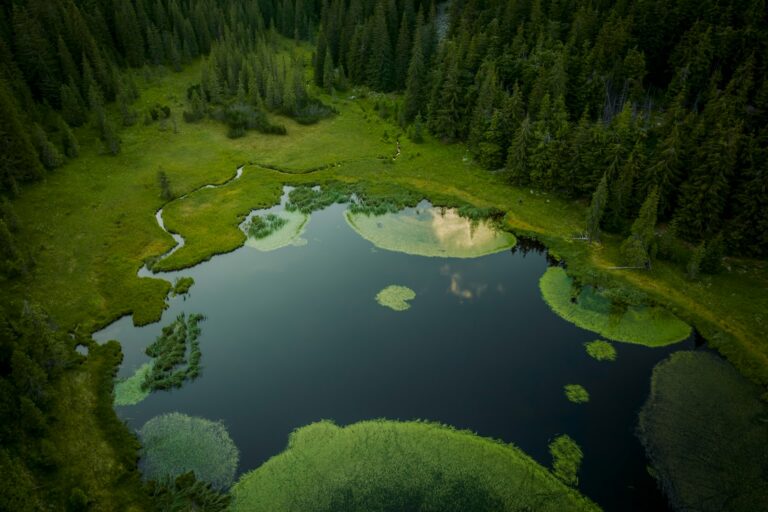
Conserving nature can shield cities from floods
A UBC study finds that conserving just five per cent of watersheds (two per cent of Canada’s land) could shield more than half of urban floodplains, safeguarding millions.



